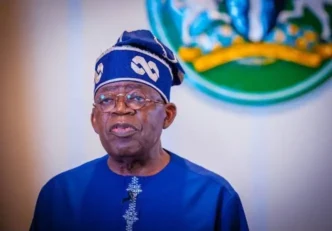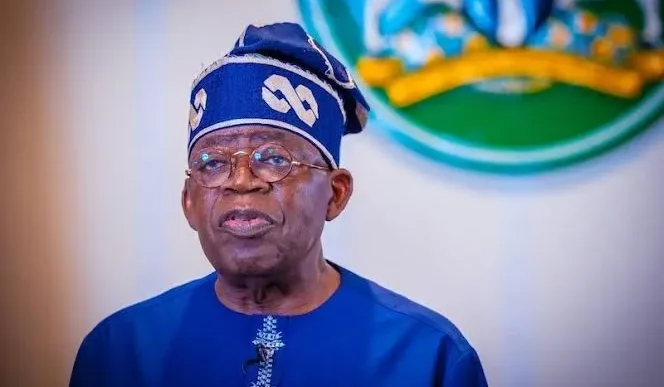The Academic Staff Union of Universities (ASUU) has delivered an unexpected warning that another nationwide strike may be activated if the Federal Government fails to meet its demands within the union’s one-month ultimatum.
The development has stirred fresh concerns among students and parents who had hoped that the recent truce would last.
The ASUU strike ultimatum has, therefore, returned to the centre of national attention.
The warning, which was issued across several ASUU zones, was triggered by what the union described as the government’s slow and discouraging response to key agreements.
This has caused widespread worry because many had believed that October’s suspension of the earlier strike signaled a move toward lasting peace.
However, the union now says that its patience is fading.
ASUU’s Kano Zonal Coordinator, Abdulkadir Muhammad, told reporters in Kano that the Federal Government’s approach has been “sluggish” and increasingly disappointing.
He stressed that the October suspension was intended to “create an enabling environment and a gesture of goodwill toward Nigerians,” but the union feels that hope “is increasingly being dashed.”
Muhammad explained that the one-month window was meant to encourage honest dialogue.
However, he said the government has not shown “genuine commitment” to improving the welfare of lecturers or addressing the issues that push academics out of the country.
“What government has offered will neither improve the working conditions of academics nor attract scholars from other countries to our universities,” he added.
In addition, the Kano zone highlighted that the renegotiation process reviewed at the union’s National Executive Council (NEC) meeting held on November 8 and 9 has been slowed down by what it described as tactics aimed at weakening discussions.
“It is unfortunate that some government functionaries employ different tactics to undermine the renegotiation process and misinform the public on the state of our engagements,” Muhammad said.
Furthermore, ASUU raised concerns about the rapid establishment of new state universities without funding plans.

Muhammad urged the Federal Government to place a moratorium on such institutions, explaining that “Governors have cultivated the habit of establishing universities in their states without commitment to funding them.”
Meanwhile, the Benin Zone has also indicated readiness to join any strike action if approved by ASUU’s NEC.
Its coordinator, Prof. Monday Lewis Igbafen, described the government’s posture as “wicked and inhumane,” noting that lecturers have been on the same salary structure for over 15 years.
He said the system needs a “radical approach” as the issues have become “a sore point.”
The Calabar Zone echoed similar concerns.
Zonal Coordinator, Ikechukwu Igwenyi, demanded the completion of renegotiations and the release of all withheld salaries.
The zone insisted the union will remain “unbowed, unbroken, and unwavering in this just struggle.”
It also warned that the government must address key issues including promotion arrears, wage adjustments, adequate funding, and respect for university autonomy or face another shutdown.
Moreover, the union emphasized the need for fair remuneration to reduce brain drain, improve campus learning conditions, and restore stability across universities.
The Calabar zone reminded Nigerians that a four-week deadline has already been issued, raising the tension around the ASUU strike ultimatum as the clock winds down.












